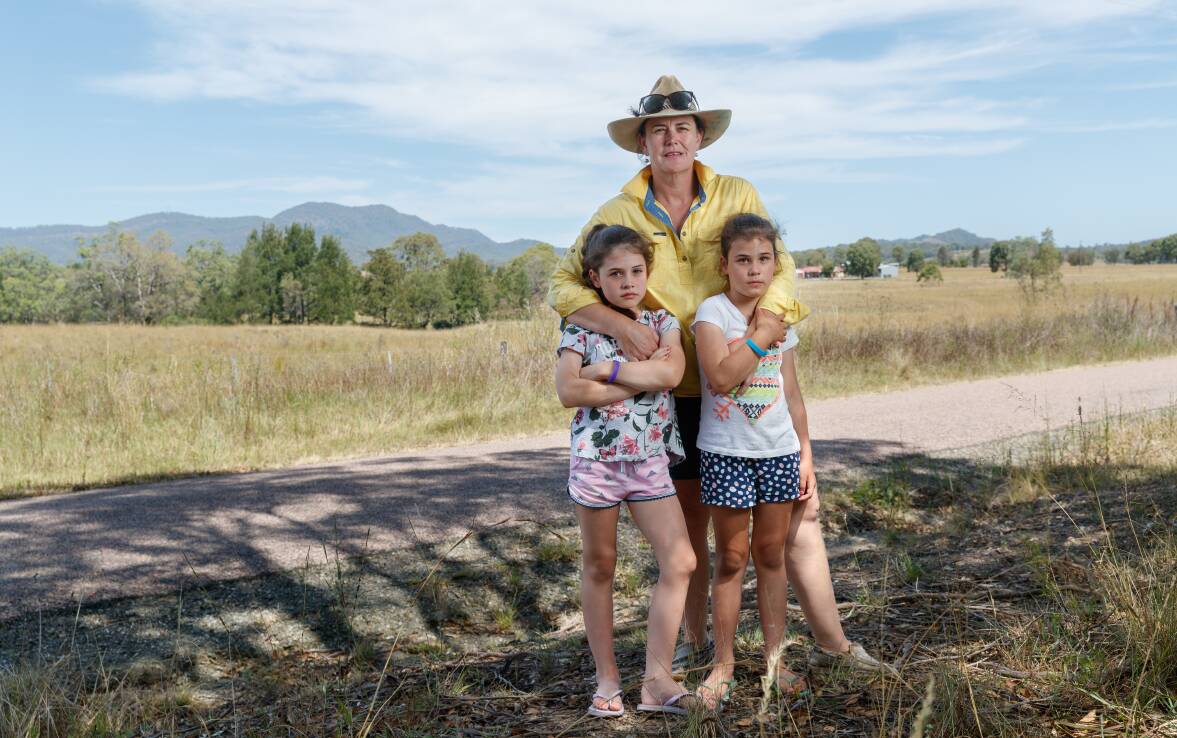
Federal Environment Minister Tanya Plibersek is awaiting further information about an application to reclassify the environmental impacts of the proposed Hunter Gas Pipeline.
The application, originally submitted to the former federal government, seeks to include a requirement to consider the project's potential impacts on a host of endangered and critically endangered species living along the pipeline route.
The species, which include the critically endangered regent honeyeater, the endangered booroolong frog, and the threatened spotted tailed quoll, were identified in a 2021 report by consulting and environmental services company Cessoils.
Former environment minister Peter Garrett did not declare the project as a controlled action under the Commonwealth Environment Protection Biodiversity and Conservation (EPBC) Act when he approved the project in 2008.
The Lock the Gate application seeks to strengthen the biodiversity protections included in the original approval.
For Rebecca and Nathan Clark, environmental concerns go hand in hand with running a sustainable cattle and cropping farm.

The couple bought the 112-acre property at Glendon Brook, between Singleton and Gresford, not only as a business proposition but also an investment in their daughters' futures
"It took us a long time to acquire this property and we intend to be here for the rest of our lives," Ms Clark said.
"This is also an issue for our children because one day this farm will be theirs.
"What will hypothetically happen in 10 years when gas is no longer a viable fuel? More than likely there won't be a decommissioning process. It will just be left in the ground."
Hunter Gas Pipeline maps show the pipeline will most likely cross the back corner of the Clark's property.
If built, they estimate it will render about 15 per cent of the property unusable for farming.
"It's an area that we currently have under pasture. We have plans to potentially put lucerne in that paddock in the future and lucerne is a deep-rooted plant so we wouldn't be able to crop it (if the pipeline was there)," Ms Clark said.
"It would basically make that part of our farm useless."
The Clarks have received written correspondence from Santos that indicates their property may be required for the pipeline project.
But like many others, they don't want any part of it.
"We have biosecurity signs on our gate restricting people coming in who may be carrying hazardous matter," Ms Clark said. "We have also previously written to the Hunter Gas Pipeline advising them that they are not welcome on our property."
To see more stories and read today's paper download the Newcastle Herald news app here.







